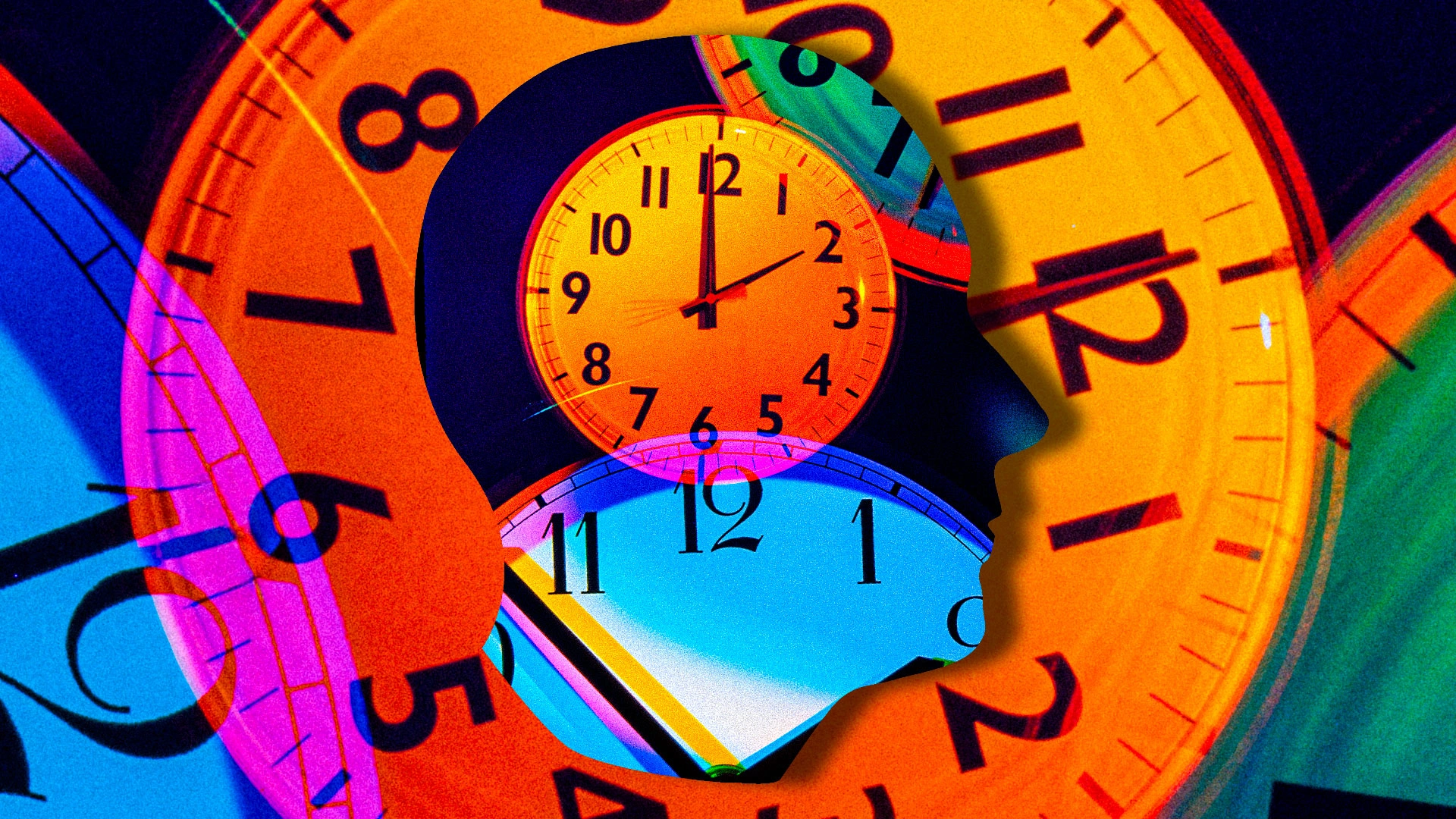
"Yes, it's that time of year again, when most of the U.S. "gains" an extra hour of sleep as we "fall back" from daylight savings to shorter days, colder nights, and standard time. This Sunday, November 2, at 2 a.m local time, we will turn back our clocks to 1 a.m-and that will last until March 8, 2026 (when we will once again usher in daylight saving time)."
"Darker evenings actually disrupt our body's natural circadian rhythm, our mood, and our metabolism, according to Dr. Zaid Fadul, CEO of Bespoke Concierge MD. "Light is your body's main 'time-giver' that sets your internal clock," said Fadul, whose practice specializes in integrative medicine with a focus on sleep. "When evenings get darker sooner, your brain releases melatonin earlier, shifting your sleep schedule and throwing off your rhythm.""
"The one-hour clock change also creates "social jet lag," disrupting your body's schedule, especially if you're naturally a night owl, Fadul explained, noting, "Your sleep quality tanks-particularly the deep REM sleep your brain needs-leaving you foggy, tired, and less alert during the day." While getting extra sleep doesn't hurt, the issue is most prevalent in the spring, when people lose an hour of sleep. And that can have other impacts on health."
On November 2 at 2 a.m. clocks move back one hour to standard time, producing earlier, darker evenings until March 8, 2026. Darker evenings shift light-based circadian cues, prompting earlier melatonin release and shifting sleep schedules. Hormonal effects include altered cortisol and insulin responses, lowered insulin sensitivity, and impacts on serotonin and dopamine that influence mood and motivation. The one-hour shift creates social jet lag, reduces deep REM sleep, and causes daytime fogginess and lower alertness. Time changes have been associated with altered timing of heart attacks and a springtime spike in cardiovascular events after clocks move forward.
Read at Fast Company
Unable to calculate read time
Collection
[
|
...
]